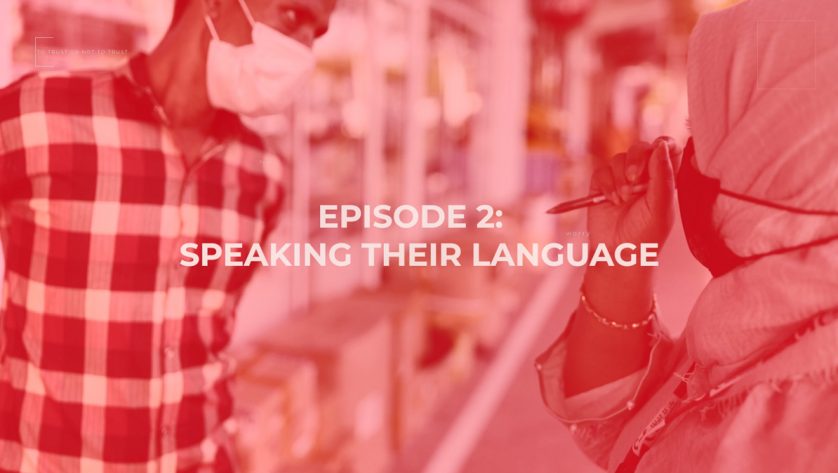Volunteering is an enriching experience that provides the opportunity to make a difference in the lives of others while, at the same time, offering a sense of personal satisfaction. Such is the case of Stephany Isabela Perez, national youth director of the Honduran Red Cross in the department of Marcala, who in 2022 was recognized as the regional volunteer of the year.
Her passion, motivation and the deep bond of friendship she feels towards her team is a reflection of the volunteer spirit of the International Red Cross and Red Crescent Movement. “A volunteer gives everything they have of themselves without expecting anything in return,” she explains, adding that this selfless giving allows volunteers to experience an emotional payback that goes beyond any material remuneration.
The love and attachment between members of a volunteer team becomes a source of support and well-being, even in the midst of troubling situations, she says. The ability to learn and grow alongside peers is another highlight of being a volunteer and, she adds, in the Red Cross, you learn something new every day.
 Red Cross Red Crescent magazine
Red Cross Red Crescent magazine 
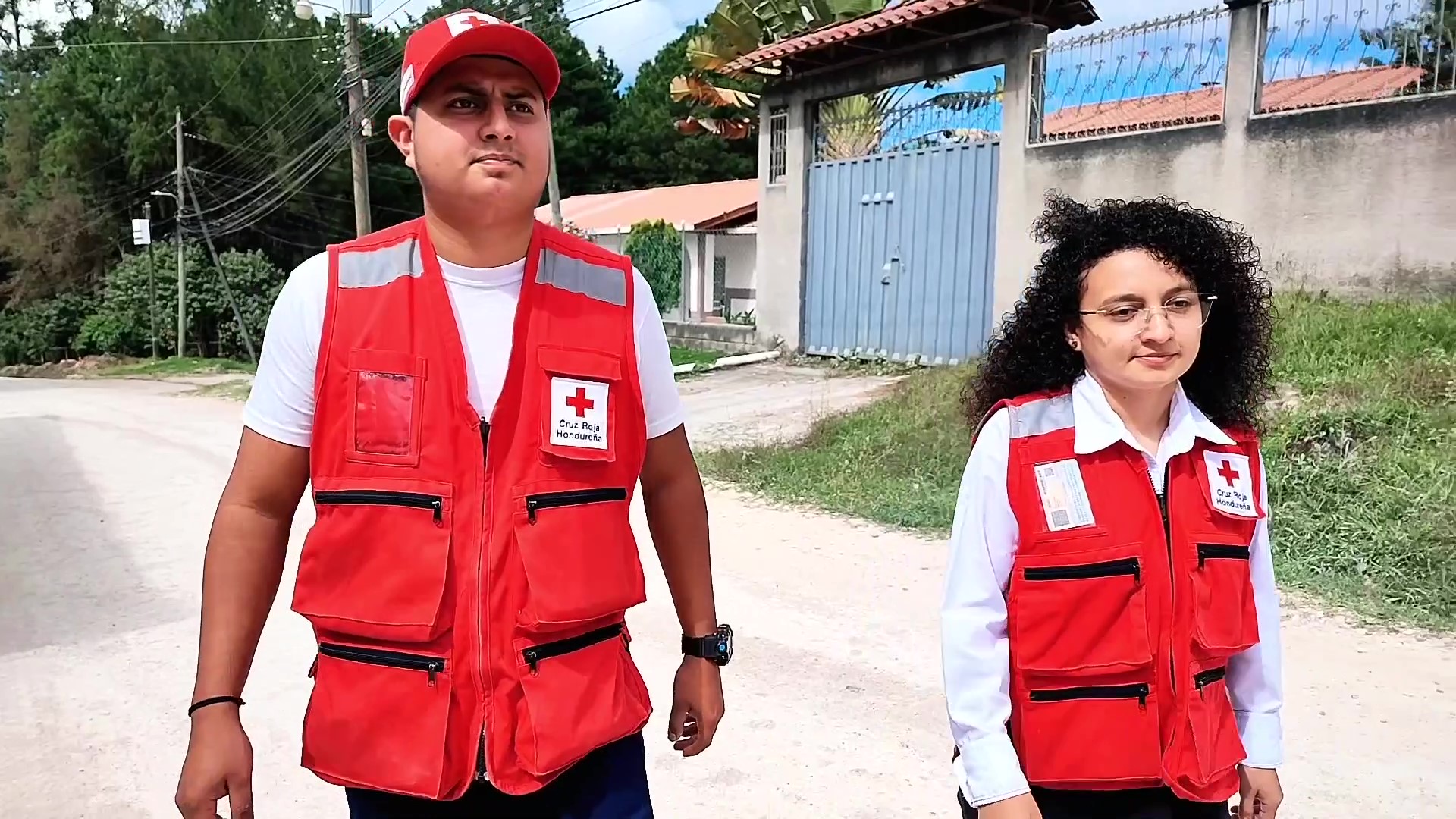
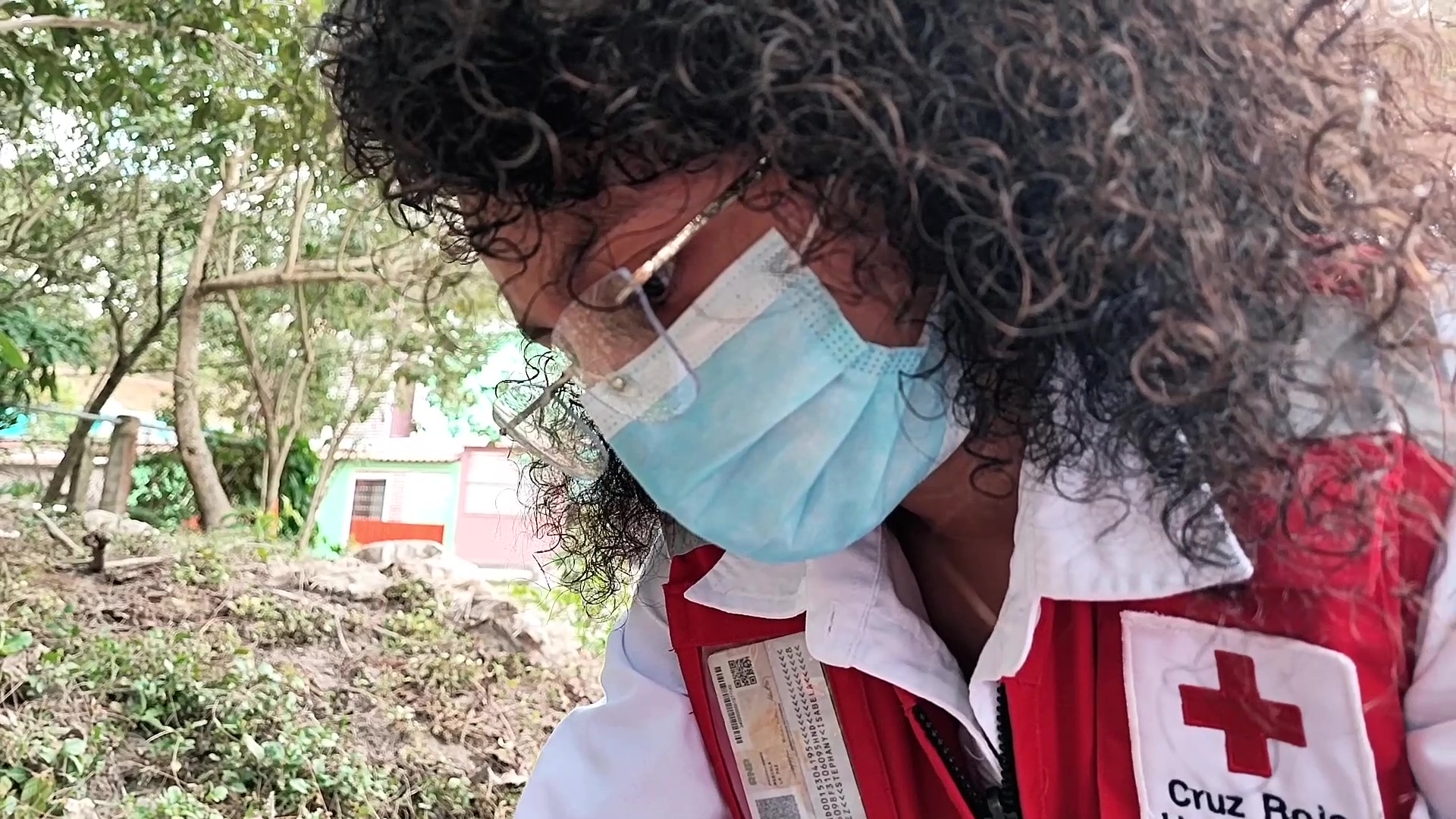
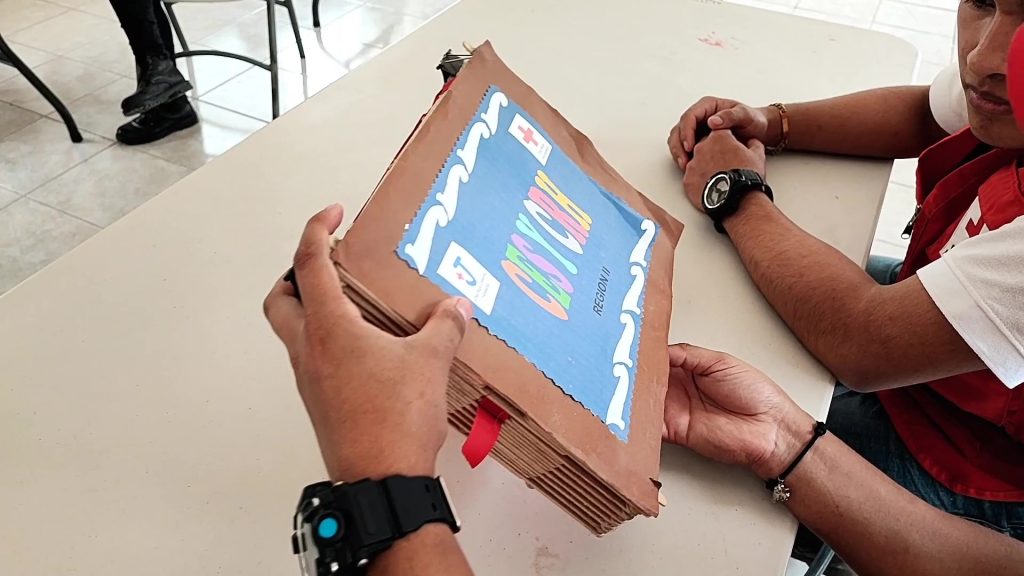
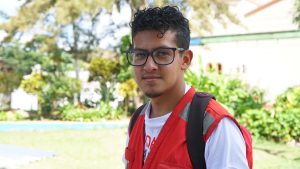






 Tech & Innovation
Tech & Innovation Climate Change
Climate Change Health
Health Migration
Migration